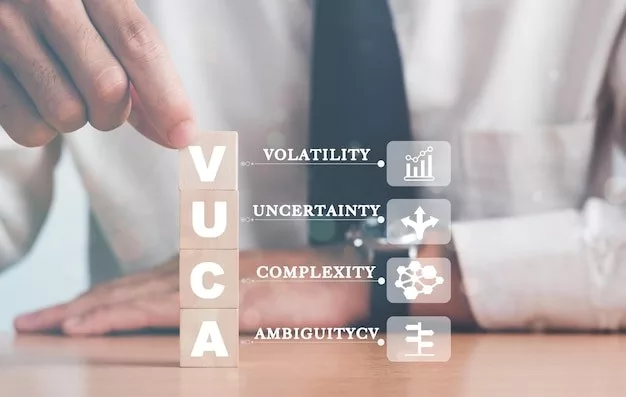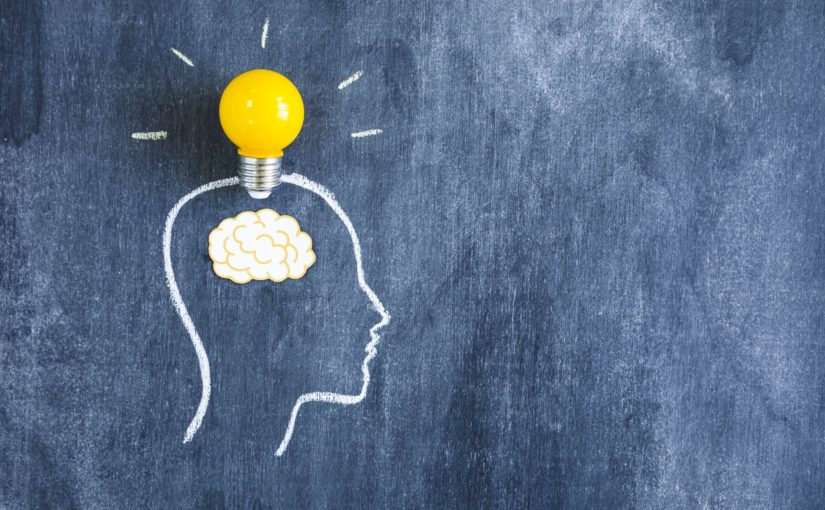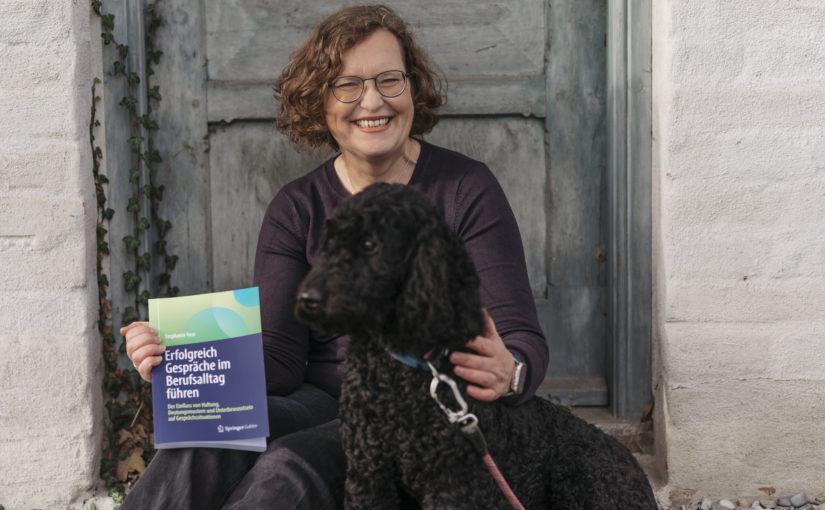The new year is in the starting blocks and awaits us with many surprises and changes in our lives.
This is the time of the year when new goals are set, which are usually out of the question after a few weeks. This may be why younger people are more likely to make New Year’s resolutions. Statistically, 31% of 18-24 year olds set goals and resolutions for the New Year. 80% of the over 55s do not set any new goals or resolutions for the New Year. (Statista)
One reason for this may be that they have learned that New Year’s resolutions are often not stable and do not last in everyday life.
Instead of setting resolutions or goals, use New Year’s Day to reflect on what went really well in the past year and where you are in the present. What have you learnt? What was good this year?
Even if 2023 had some bad surprises in store for you, it also had good aspects to discover and focus on. We can all be grateful that we can end this year by focusing on the present and our own personal development. Instead of thinking about new resolutions, think about your behaviour and remember the times in the year that is drawing to a close, when you had the opportunity to learn and process your learning areas in order to become aware of your own development path. I am not referring to your professional development, but to your personal, character development.
For example, I learned that my family gives me strength and helps me to be resilient. I have been able to see for myself the impact of micro-politics and the importance of networks and real personal interactions. I am grateful to Springer Gabler for publishing my book. In this book, I was able to contribute my knowledge, which has helped and support me to develop myself further. What have you learnt, and what are you grateful for?




